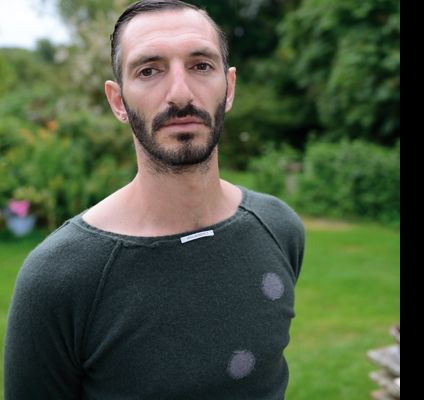FASHION REVOLUTION
Sarah Ditty
- “It takes a lot to make a garment. Not just the bits we hear about – the designers, the brands, the shops, the catwalk shows and the parties – but also the farmers who grow cotton, the ginners, spinners, weavers, dyers, sewers and other factory workers without whom the industry would not exist. These people, the people who make our clothes are hidden from us, often at their own expense.
The greatest cost these hidden people have to bear is to lose their life – as happened for the 1133 people in the Rana Plaza tragedy on 24 April 2013. This terrible accident is a symptom of the broken links across the fashion industry: we don’t know how things are made anymore. For Fashion Revolution, the Rana Plaza collapse has been a metaphorical call to arms. It has acted as a catalyst for those of us wanting to see change and demanding that the fashion industry takes a leading role in achieving it.
Fashion Revolution is about building a future where an accident like this never happens again. We believe knowing who made our clothes is the first step in transforming the fashion industry. Knowing who made our clothes requires transparency, and this implies openness, honesty, communication and accountability.
It’s about re-connecting broken links and celebrating the relationship between shoppers and the people who make our clothes, shoes, accessories and jewellery – all the things we call fashion.
- A report from Baptist World Australia recently found that 61% of companies don’t know where their garments are made. Today however, corporate secrets are revealed with a few lines of code or clicks of the mouse, and it may only be a matter of time before the public discovers the facts. Transparency has become an issue of brand reputation.
Transparency is also good for business: a business is knowledgeable about its own supply chain can make more informed business decisions.
www.fashionrevolution.org

 Fashion inside out for Fashion Revolution: Ursula Conzen - photo Tomek Sierek
">
Fashion inside out for Fashion Revolution: Ursula Conzen - photo Tomek Sierek
"> Fashion inside out for Fashion Revolution: Richard James - photo Tomek Sierek
">
Fashion inside out for Fashion Revolution: Richard James - photo Tomek Sierek
">

 Fashion inside out for Fashion Revolution: Ursula Conzen - photo Tomek Sierek
">
Fashion inside out for Fashion Revolution: Ursula Conzen - photo Tomek Sierek
"> Fashion inside out for Fashion Revolution: Richard James - photo Tomek Sierek
">
Fashion inside out for Fashion Revolution: Richard James - photo Tomek Sierek
">





















